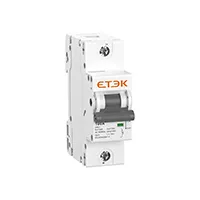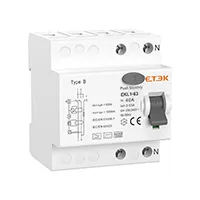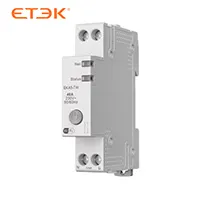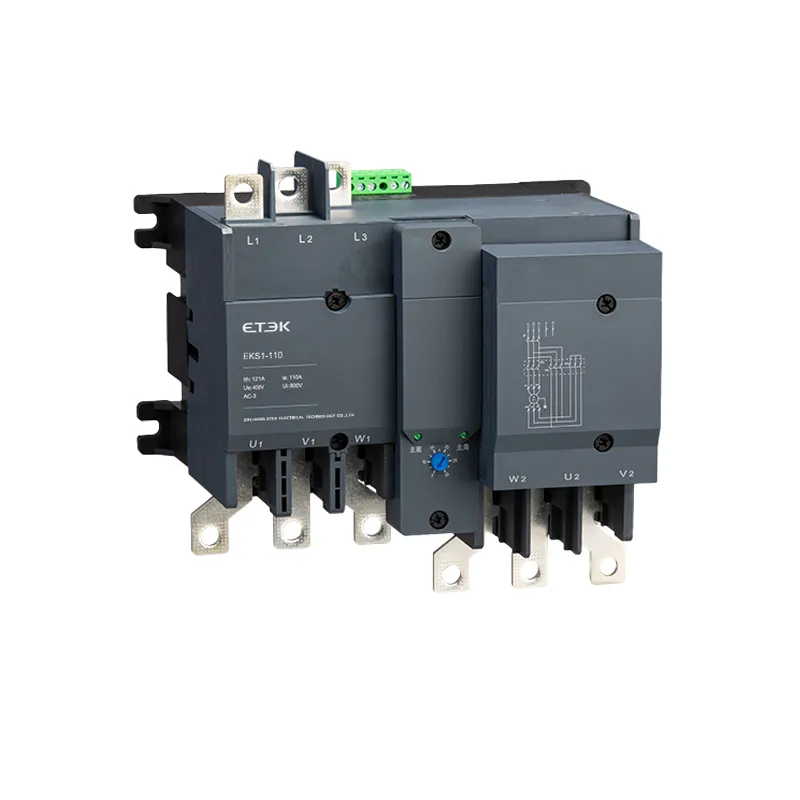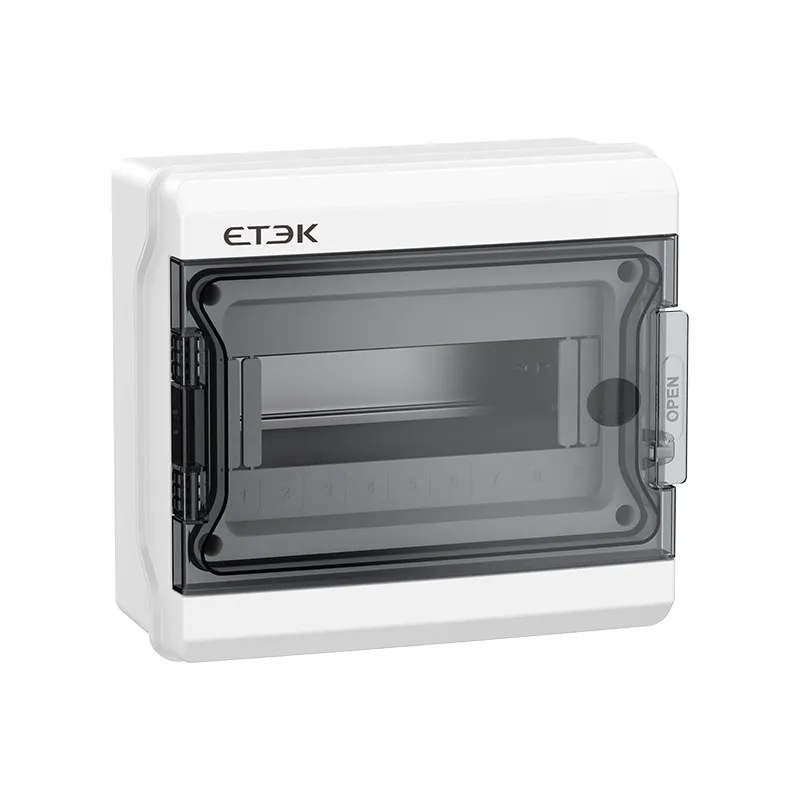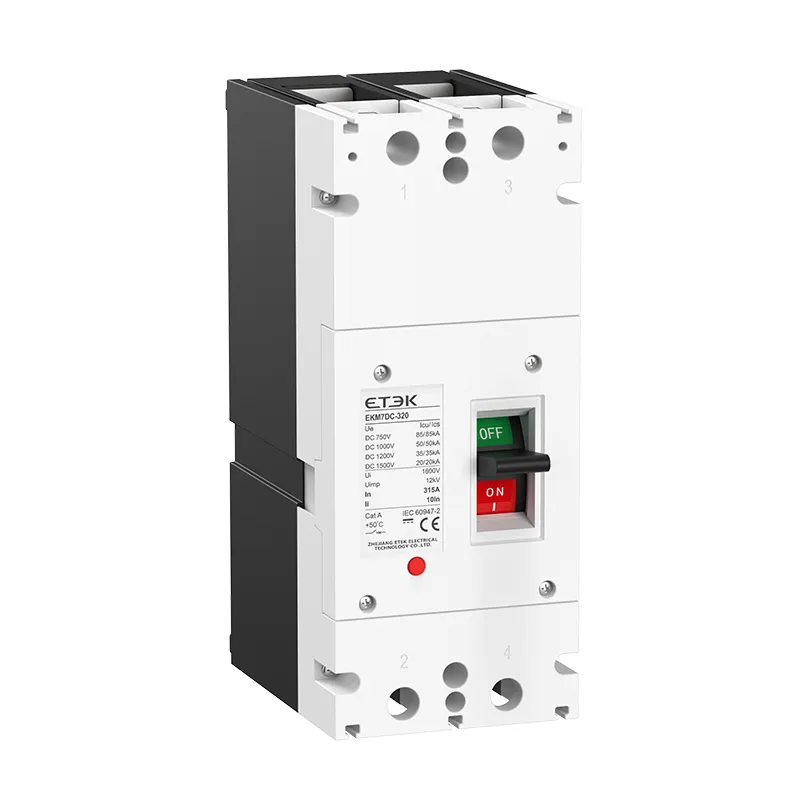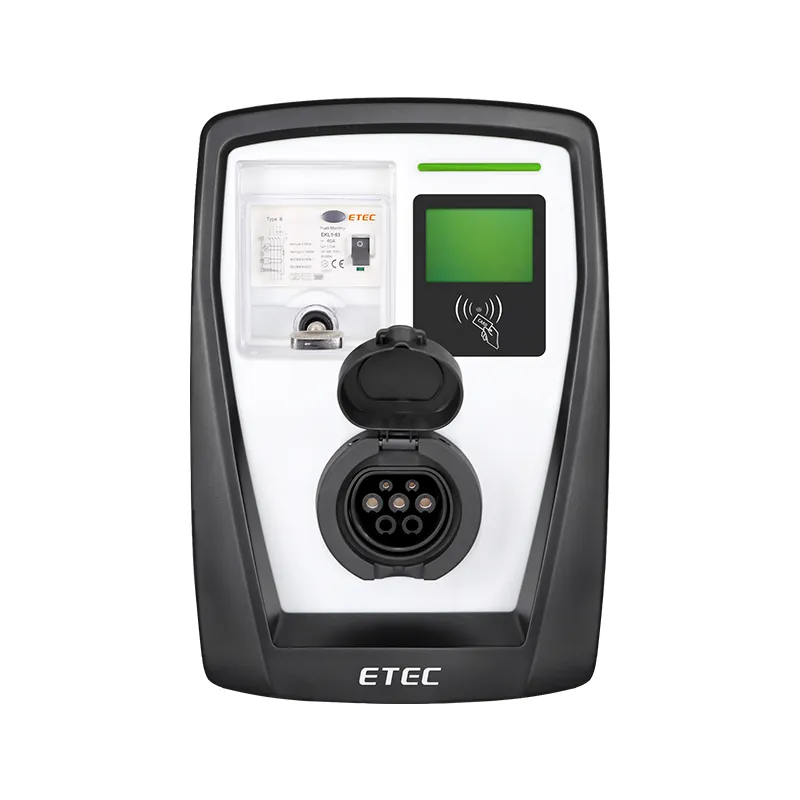How EV Type RCDs (A+ DC6mA) Differ from Conventional RCD Types?
Residual Current Devices (RCDs) play an essential role in safeguarding electrical systems. They accomplish this by detecting any discrepancy between live and neutral currents and swiftly breaking the circuit to prevent hazards. However, not every RCD operates the same way, and their use cases can differ substantially. EV Type RCDs (A+ DC6mA), for instance, are specifically designed for electric vehicle (EV) charging stations and come with distinct features that set them apart from other RCD types.
Different Types of RCDs
- 1. Type AC RCD: These are the basic models designed to detect and disconnect only alternating current (AC) residual currents.
- 2. Type A RCDs: Capable of identifying both AC and pulsating direct current (DC) residual currents.
- 3. Type F RCDs: Intended to detect high-frequency residual currents as well as AC and pulsating DC currents.
- 4. Type B RCDs: These are comprehensive, capable of detecting AC, pulsating DC, and smooth DC residual currents.
- 5. EV Type RCDs (A+ DC6mA): Engineered for EV charging stations, they merge the abilities of Type A RCDs with the added capacity to detect smooth DC residual currents up to 6mA.
The Unique Edge of EV Type RCDs (A+ DC6mA)
1. Detection of Smooth DC Residual Currents
EV Type RCDs (A+ DC6mA) offer the critical capability to detect smooth DC residual currents up to 6mA, a feature absent in standard Type A RCDs. This is vital for EV charging stations, where vehicles often generate smooth DC residual currents. The inability of conventional Type A RCDs to recognize these currents can lead to unsafe conditions.
2. Enhanced Safety
With their ability to identify smooth DC residual currents, EV Type RCDs provide a comprehensive shield against all types of residual currents, significantly reducing the risk of electric shock and fire. This makes them indispensable for the safety of EV charging stations.
3. Standards Compliance
EV Type RCDs adhere to stringent standards specifically crafted for EV charging infrastructure, such as:
- IEC 62955: This standard outlines the requirements for residual direct current detecting devices (RDC-DD) used in EV charging stations.
- IEC 61851-1: This standard pertains to conductive charging systems for electric vehicles, including necessary safety requirements.
Compliance with these standards guarantees that EV Type RCDs meet rigorous safety and performance benchmarks essential for EV charging applications.
4. Nuisance Tripping Prevention
Designed to accommodate the unique electrical characteristics of EV charging, including DC residual currents, EV Type RCDs minimize the chances of nuisance tripping—a common issue with standard RCDs in EV charging contexts. Reducing such tripping incidents prevents unnecessary downtime and inconvenience for EV users.
5. Future-Proofing
As EV technology progresses, the electrical dynamics of vehicles and their charging systems evolve. EV Type RCDs are crafted to manage a variety of residual currents, making them a future-proof solution that ensures ongoing safety and compliance as new technologies emerge.
Conclusion
EV Type RCDs (A+ DC6mA) are pivotal for modern EV charging stations due to their unique advantages over other RCD types. These include the detection of smooth DC residual currents, enhanced safety measures, adherence to EV-specific standards, prevention of nuisance tripping, and future-proofing capabilities. At ETEK Electric, we offer top-tier EV Type RCDs (EKL6-63EV) that meet the highest certification criteria, ensuring the safety and reliability of your EV charging infrastructure.
To learn more about our range of RCDs and other electrical safety products, visit our website or reach out to our sales team today (market@etek-china.com).
For standards reference:
- IEC 62955 Standard (https://www.iec.ch)
- IEC 61851-1 Standard (https://www.iec.ch)



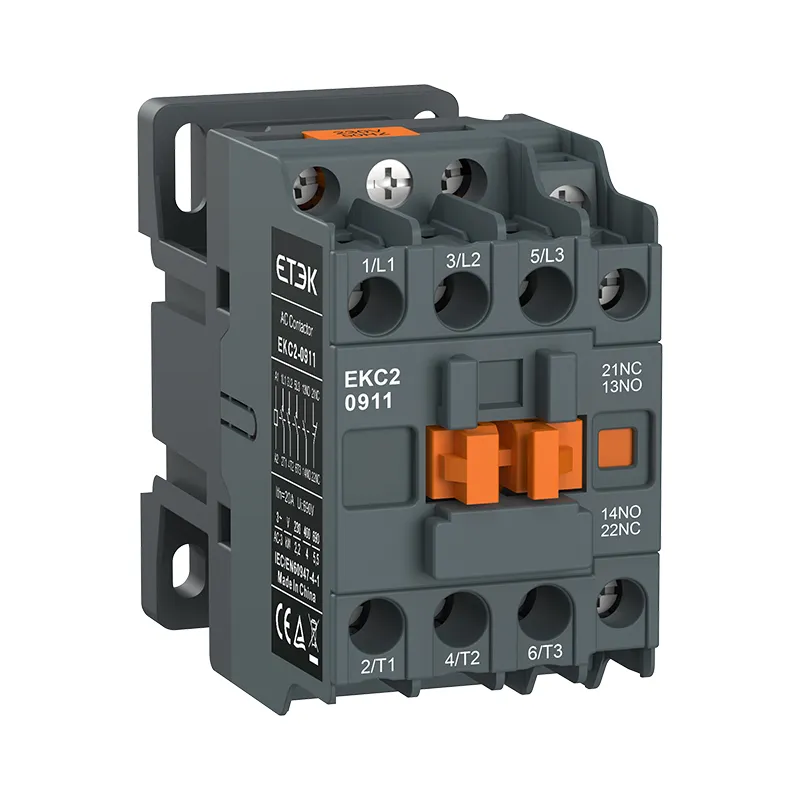
.webp)

